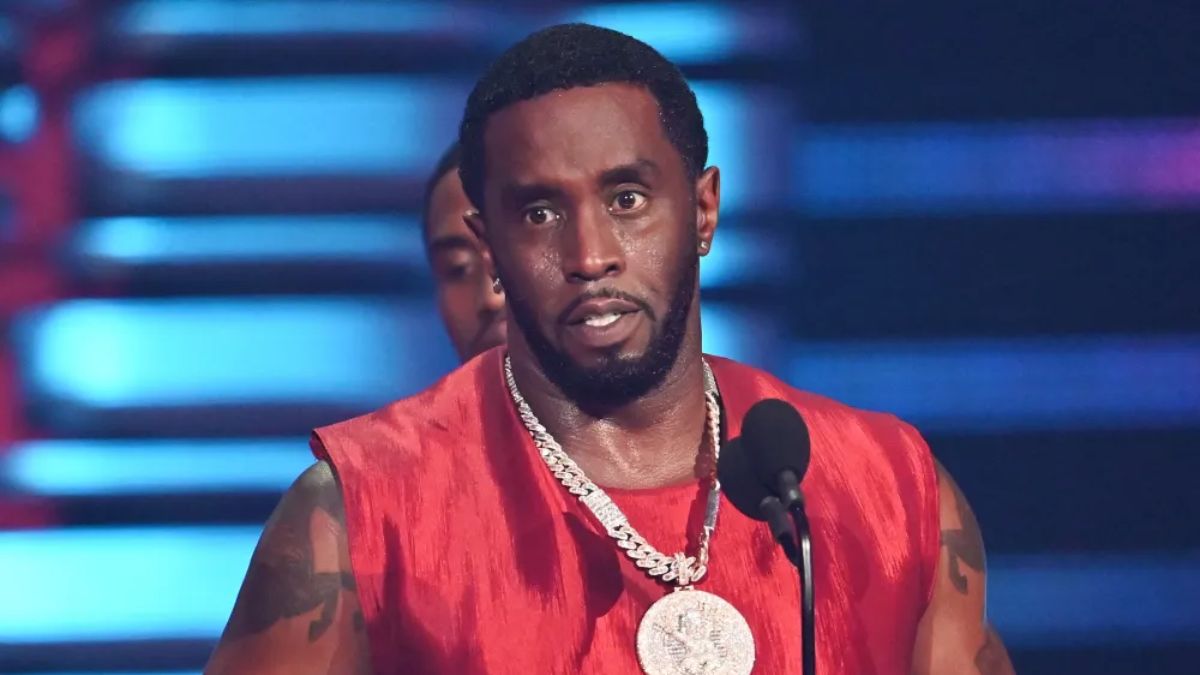Sean “Diddy” Combs’ recent federal trial ended in a stunning twist, with prosecutors failing to secure any of the major convictions they were aiming for. Instead of being found guilty of running a sex trafficking ring or leading a criminal enterprise, Combs was convicted on just two lesser charges related to arranging travel for women with the intent of prostitution. These charges carry no mandatory minimum prison time, meaning Diddy could be released as early as this October.
For months, federal prosecutors tried to build a case portraying Combs as a music industry kingpin operating like a mob boss, someone who used his fame, power, and money to manipulate, coerce, and exploit women. Their central argument relied heavily on applying RICO laws, typically used to dismantle organised crime syndicates. But this approach didn’t land with the jury. Instead, jurors seemed unconvinced that the flashy, controversial lifestyle of a celebrity like Diddy qualified as organised criminal behaviour.
Throughout a seven-week trial in Manhattan, 34 witnesses, including former girlfriends and staff, testified. Two women, singer Cassie Ventura and another woman known as “Jane,” described being flown out by Diddy for sexual activity. While their stories stirred media attention and public debate, they weren’t enough to convince jurors that sex trafficking had taken place. Ultimately, the jury appeared to see these women as willing participants in Diddy’s chaotic world rather than victims held against their will.
Legal experts now agree that the prosecution’s biggest mistake was trying too hard to turn a celebrity lifestyle into a criminal conspiracy. One former federal prosecutor called it “a complete and total failure,” noting that the lack of strong, undeniable evidence, like proof of force or threats, left the jury with reasonable doubt. Despite the mountain of testimony, the case fell apart under the weight of its own ambition.
Now, Combs’ legal team is pushing for bail and arguing that he’s not a flight risk. Prosecutors estimate a possible sentence of 4 to 5 years, but that could be lowered significantly, especially since Combs has already spent time behind bars since September 2024. Meanwhile, reactions from the public and celebrities have been mixed, with some outraged by the verdict and others saying it proves that the justice system couldn’t stretch definitions just to convict a famous figure.
At its core, this trial showed the challenge of prosecuting high-profile individuals whose lives blur the lines between scandalous and criminal. While many expected a landmark conviction, the end result leaves the legal world and the public asking tough questions about how far the system should go to hold celebrities accountable.
Credits – RadarOnline


